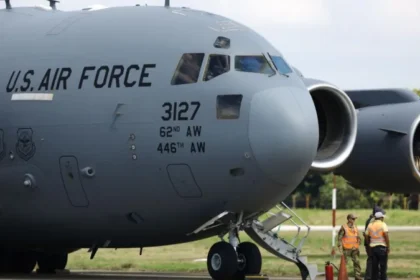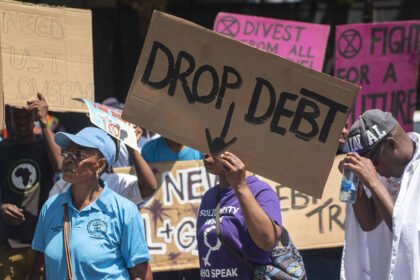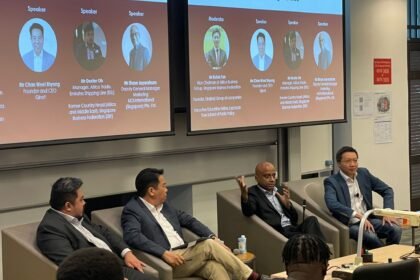It is difficult to imagine that there are some people who have not heard about the ongoing Russia-Ukrainian war. The effects and repercussions of the war are being felt through out the world. Even here in Singapore the effects are acutely felt: from soaring food prices to the rapidly changing price of motor oil; this war has taken a toll on the daily lives of citizens from all walks of life.
One of the reasons for this rapid inflation is due to the sanctions on Russian goods and the initial blocking of the Odessa port. On top of that, they produce the highest quantity of wheat, raspberries and coal. With such a big decrease in the sales and supply of such resources that are utilised by people in different countries and industries. If applying the theory of supply and demand, the lower the supply and higher demand from a growing population means that prices will increase and therefore result in inflation. Such inflation would mean that individuals and families who are less fortunate would have trouble to stay afloat and afford to keep up with the increasing cost of living while still receiving the same pay. This also ties into money as a whole losing value, with more money being able to buy less things. Some cases are Venezuela and Russia itself. In Venezuela, it costs more than a trillion dollars to buy a big-mac, and people are carrying around sacks and suitcases of cash just to buy everyday items.
With the ban on over 90% of all Russian gas and oil, many major countries around the world are facing a borderline energy crisis. Thus, ever increasing the cost of living in a myriad of countries, from Asia to Europe. However, many EU states have resorted to using their own countries’ gas reserves to combat the lack of natural gas in their countries. Though, these reserves are small in comparison to what Russia used to supply them. In response to this inquiry, the EU member states have agreed to call upon more types of energy sources such as solar, wind and hydroelectric energy to supplement their decreasing gas supply. With all said and done, this reliance on other energy sources pales in comparison to what they used to have when Russia sold natural gas to them. Therefore, the energy and gas prices would still increase, resulting in many people not being able to afford to use their car , or having to sacrifice basic necessities in order to fund the purchase of fuel and energy. The state of transportation routes connecting China with Europe is another casualty of the Russian invasion. Surging gas prices are increasing freight costs for all modes of transportation. The train route connecting the regions, which became highly competitive during the height of COVID-19, especially for industries valuing shorter lead times such as automotive and electronics, is now stalled. This is especially true for the primary corridor that traverses Russia, Belarus, and Poland before continuing on to Germany, France, and other European countries.
Every problem has solutions, and these are some of them:
Consider alternative sourcing. With governments and businesses no longer able to depend on traditional suppliers, now is the time to either diversify partners or find alternative sourcing modes. While changes are necessary, there are ramifications. When you change suppliers or change your supply mode, your lead time might increase, and when your lead time increases, there will be temporary shortages
Capitalize on new opportunities. For entrepreneurs, there’s an opportunity to fill the gaps created by the volatility, creating new business models and potentially improving the lives of others.
Companies need to start collaborating through trade coalitions and other joint partnerships to increase capacity, when possible, they should transition from global to a localized set of suppliers, although that’s not always possible
or optimal, If you know you need to collaborate with others in order to increase capacity, start doing It’s important to start working, not in silos.
With all said and done, this war certainly has taken a toll on the world as we know it. I think that in order to move on, we need to accept it as the new normal and try to build on our resources without foreign aid and move on, developing as a planet.
- Ian Ashwin is a Singaporean student who is passionate about science and global affairs. He has multiple sports interest including triathlons, rock climbing and football.



